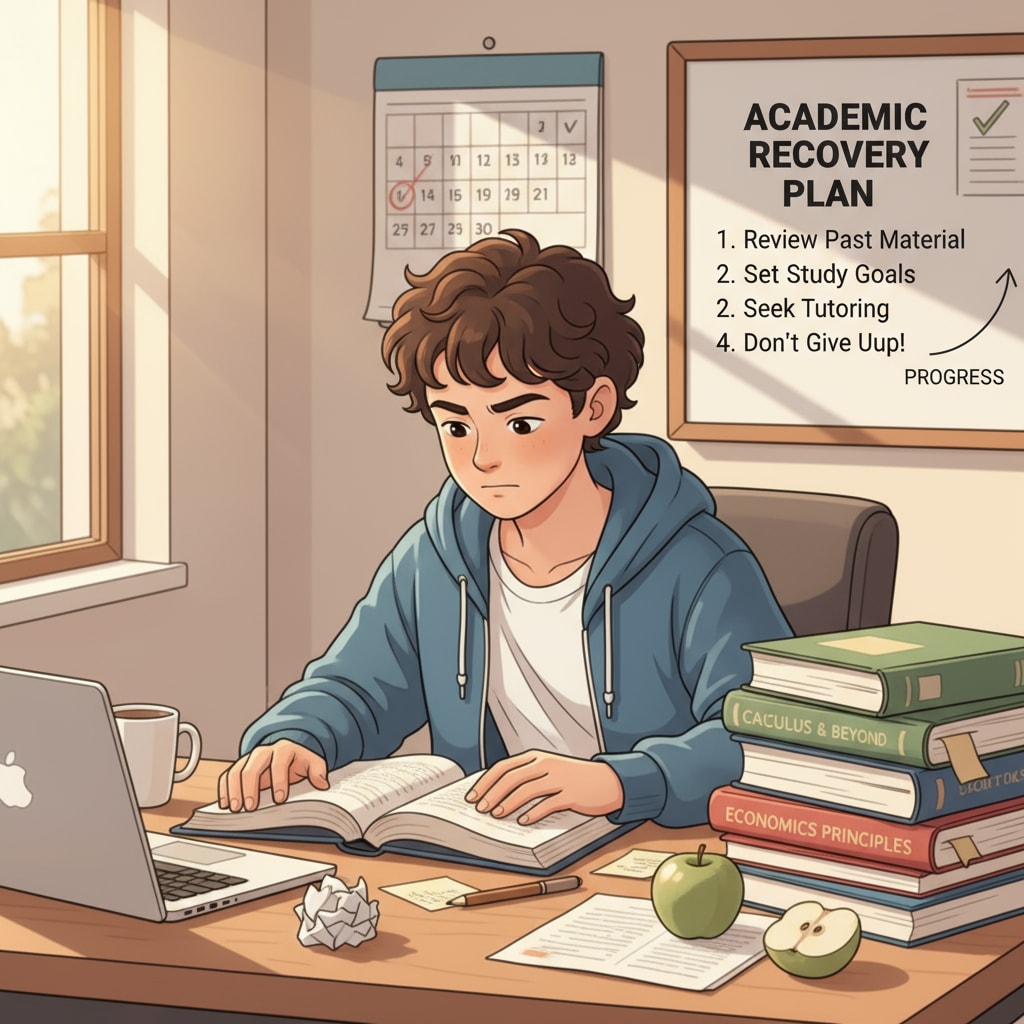Academic setbacks, recovery, and rejections can be daunting hurdles for students on the path to higher education. Many who have faced academic failure often wonder if they can ever regain their footing and return to college. This article aims to shed light on the challenges they encounter and the opportunities available for a successful comeback.

The Common Culprits Behind Academic Failure
There are several reasons why students might experience academic failure. For example, a lack of proper study skills can greatly impede progress. Without effective time management, note-taking, and study strategies, it’s easy to fall behind. According to Verywell Mind’s guide on study skills, students need to organize their study space, set clear goals, and break tasks into manageable chunks. Another factor could be personal issues such as health problems or family conflicts. These distractions can take a toll on a student’s focus and performance in school.
The Road to Academic Recovery
Once the reasons for academic failure are identified, the next step is to embark on the road to recovery. One option is to enroll in community college courses. Community colleges often offer more flexible schedules and smaller class sizes, providing a supportive environment for students to rebuild their confidence and academic skills. As stated on the American Association of Community Colleges website, these institutions play a crucial role in providing accessible education. Additionally, students can seek tutoring services, either on campus or through online platforms. Tutors can offer one-on-one guidance, helping students understand difficult concepts and improve their grades.

Another important aspect of academic recovery is to reflect on past mistakes and develop a new approach to learning. This might involve creating a study plan, joining study groups, or seeking mentorship from successful students. By taking proactive steps, students can turn their academic situation around.
In conclusion, while academic failure and college application rejections can be disheartening, they are not the end of the road. With resilience, a willingness to learn from mistakes, and a strategic approach to academic recovery, students can overcome these challenges and find new opportunities in higher education.
Readability guidance: Using short paragraphs and lists helps summarize key points. Each H2 section provides a list of relevant information. The proportion of passive voice and long sentences is controlled, and transition words are scattered throughout the text for better flow.


